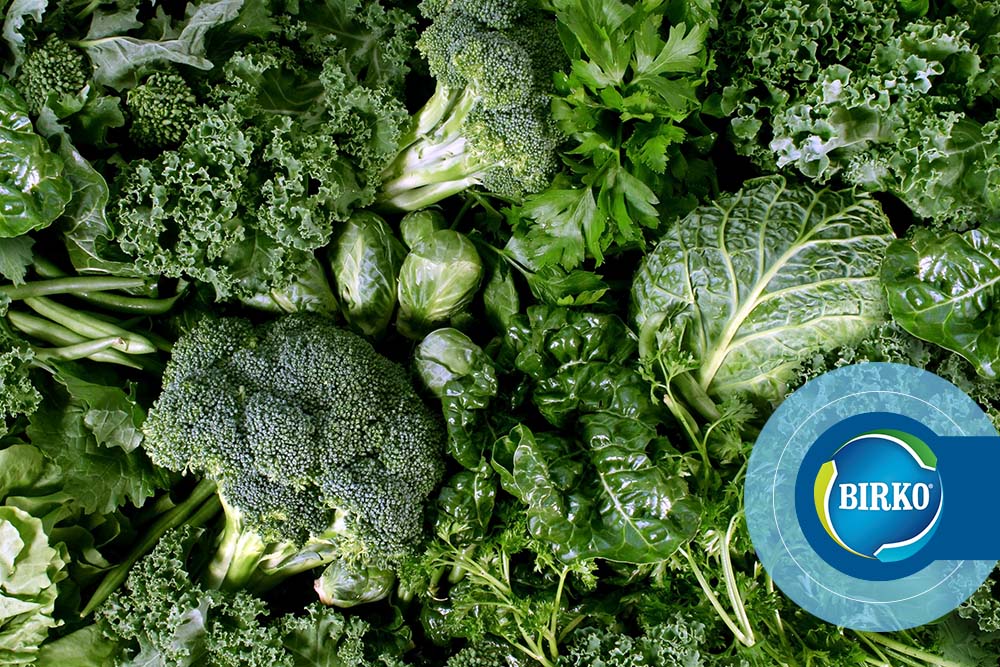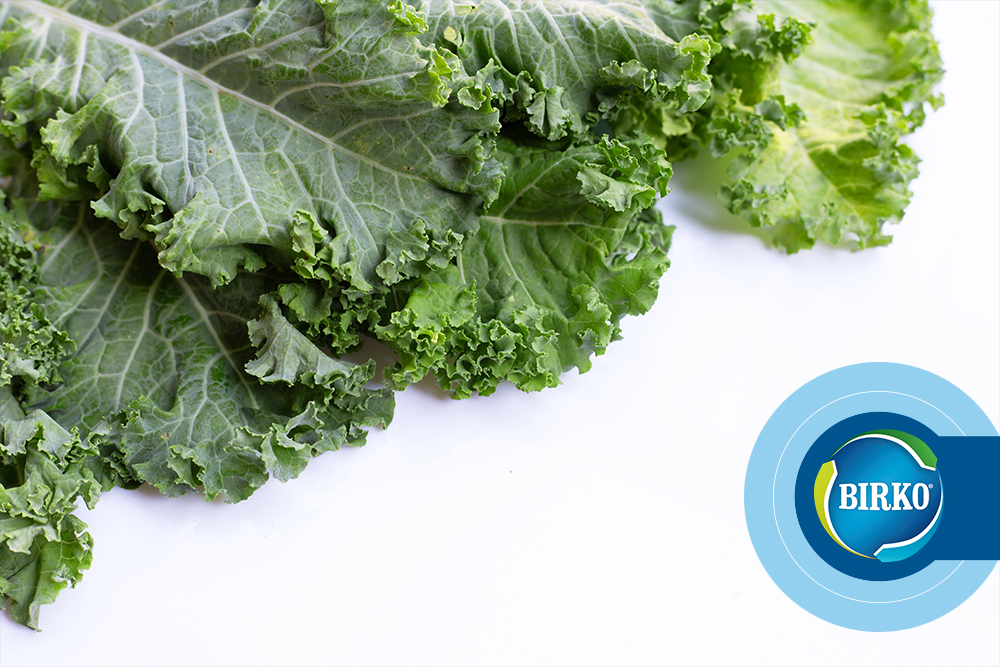Do you know the difference between a food safety audit and an inspection? And, how to prepare for each one?
Although the terms are sometimes used interchangeably, there are important differences between them. While audits and inspections may address some of the same standards, such as the rules in the Food Safety Modernization Act (FSMA), their purpose, significance and scope vary.
The Difference Between Food Safety Audits and Inspections:
Food Safety Audits are conducted by a facility’s own personnel (internal audit) or an outside third-party external audit to determine if a facility is adhering to an agreed set of food safety standards. External audits may be conducted by independent consultants, customers of auditors from one of the recognized food safety certification schemes such as BRC or SQF. The results of these audits include identification of areas where process improvement is needed (corrective actions), attainment, maintenance or loss of third-party certification or loss of business opportunities.
Food Safety Inspections are conducted by a regulatory body such as USDA, FDA or State agency. These inspections can occur “for cause” as a follow up to consumer complaint or as part of an outbreak investigation, or “routine” random inspection to ensure compliance with applicable regulations. Consequences of failure may include loss of licensure, fines, or criminal penalties.
Who Conducts Food Safety Inspections and Audits?
The FDA and USDA are the regulatory parties that conduct inspections to find out if food processing facilities are following rules outlined by the federal government. These agencies do not conduct audits.
Audits are usually conducted by third parties, and the reason for the audit depends on who is carrying it out.
Food processors can pay third parties to conduct audits of their facilities to gain certain safety and quality certifications. These third-party certifications are frequently a customer requirement. Respected organizations that conduct such audits are the Safe Quality Food Institute (SQF), global standards from the British Retail Consortium (BRC), Global Food Safety Initiative (GFSI), and NSF International as well as ISO certification.
There are also supplier audits in which your customers assess the food safety programs and other factors at your plant. For example, a fast-food chain may conduct an audit at a facility where its fresh-cut salads are being made to find out if the plant is following the chain’s supplier food safety standards.
And then, there are other third-parties like Birko. When we begin working with a food processor as their chemical supplier, we’ll often conduct our own food safety audits to determine the specific food safety solutions appropriate for that customer. We identify areas for improvement around food safety and sanitation as we determine the best ways to serve the customer.
Food processors can, and should, conduct their own internal food safety audits on a regular basis as well.
What is Evaluated During Inspections and Audits?
During a USDA or FDA inspection, the inspector is specifically checking to see if your plant is following regulations. Under FSMA, you’ll need to be in compliance with one or more of five sets of rules:
- The Produce Rule: Applies mainly to farms handling raw agricultural commodities.
- Preventive Controls Rule for Human Food: For food production taking place outside of a farm.
- Preventive Controls Rule for Animal Food: Analogous to the human rule.
- Foreign Supplier Verification Program: For vendors of imported food products.
- Sanitary Transportation Rule: Applies to producers that ship food products.
In many instances, you may need to comply with multiple FSMA rules. For example, if you produce food for human consumption and certain excess product or waste is used to produce animal food, you’ll need to comply with both rules. If you’re a processor that produces and distributes its own product, you’ll need to follow the Sanitary Transportation Rule in addition to Preventive Controls Rule for Human Food.
FDA inspectors will also require processors to have a detailed food safety plan.
Food safety audits will likely judge how well a plant is following federal regulations, but the auditor will also evaluate your plant on additional standards set by the third-party certification requirements – or those of the customer to which you’re supplying product.
What are the Consequences of Failing Inspections and Audits?
There can be serious consequences for unacceptable results of both inspections and audits, but failing an inspection can have more substantial penalties.
Failing an FDA inspection can require your plant to correct defects and become compliant with regulations within a set period. However, if the issues found are a major concern, the inspector may shut down production immediately. It’s also possible that the FDA will require a product recall based on inspection results.
With a third-party audit, it’s more likely that certifications would be revoked, or not awarded. In the case of a supplier audit, unfavorable results could lead to a decision to stop doing business with your organization.
These consequences can certainly have a negative financial impact, but are unlikely to force a facility to halt production. Serious failures, however, may be reason enough for a voluntary recall.
How Produce Processors Can Prepare for a Food Safety Audit
Facilities should always be audit or inspection ready. Generally, audits are pre-planned and a facility has advanced notice of when an audit will take place and the scope of the audit. Inspections can be announced or un-announced, and “cause” inspections are almost always unannounced.
Because you’re aware of an audit ahead of time, food processors have time to prepare. In a sense, you can “cram for the test” to increase the likelihood of passing. That’s not necessarily a good thing. It can be a bit like starting to floss one week before your dentist appointment.
For example, there was a Listeria outbreak at a cantaloupe producer in 2011 that sickened many people and resulted in 33 fatalities. Yet, the food processor to which the outbreak was traced had passed a third-party food safety audit with flying colors just weeks before the outbreak began. Additionally, an audit is only going to give you a snapshot of what the situation was on the day it was conducted, or it may not uncover defects that are outside the scope of the audit. Effective food safety requires constant vigilance and inspection readiness.
It is wrong, but it is possible, to alter documents and recordkeeping to make it look as if proper food safety and sanitation steps are being followed. You may have heard this referred to as “pencil-whipping” the documentation.
Stay Prepared for FDA Inspections
Being prepared for an FDA inspection now that FSMA rules are in place is a major concern for fresh-cut and produce processors who are getting accustomed to increased regulatory oversight.
We are still in the early days of FSMA enforcement. What we’ve observed and heard from our customers is that there are still a few kinks to work out when it comes to the inspection process. An FDA inspector may explain the scope of the inspection when they arrive, but it will end up going beyond what was originally outlined.
The best advice we can give produce processors at this point is to expect the unexpected.
You must have a well-documented food safety plan for your plant that has been prepared and overseen by a designated Preventive Controls Qualified Individual (PCQI) who has been trained in FSMA rules. It is very likely that inspectors will ask to review this plan as well as records proving your food safety steps are being followed on a regular basis.
Without proper documentation or preventive controls and records, it’s as if none of it is happening at all. So be sure to document in detail!
FSMA rules explain what needs to be done, but it is up to your organization to come up with a plan to be in compliance with regulations. You can find out more about federal food safety inspections when you visit FDA.gov.
Get Food Safety Guidance from Birko
While complying with regulations can seem overwhelming, you can get peace of mind when working with food safety experts.
At Birko, we are more than a supplier. We are proponents of food safety and believe in the importance of doing things right because it protects public health and protects your brand’s reputation.
Birko can provide the consultation, guidance and food safety solutions you need as you take on the challenge of FSMA compliance. Whether it’s access to one of our PCQIs, better cleaning and sanitation products or implementation of automation to make recordkeeping and reporting easier, we can assess your needs and strengthen your food safety plan.
Find out more about how Birko helps fresh-cut and produce processors with food safety.
 Elis Owens, Ph.D., Director, Technical Services, Birko, can be reached at [email protected] or (303) 289-1090.
Elis Owens, Ph.D., Director, Technical Services, Birko, can be reached at [email protected] or (303) 289-1090.









